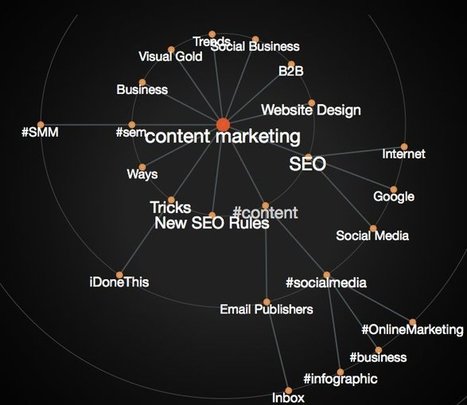Future Tools
This is a great web design post. Don't worry if you don't know or understand only about half of it. Importance is in the tools suggested to test, design and pivot toward a future of more flexible web design.
But there's a problem.
I created my first highly static website in 1999. Not static in the sense we didn't update it since we updated it all the time. Static in the servers and code we used. Today and especially true tomorrow your websites will need to fly around the web curating information from the 4 corners of the web.
The more "flying around" your website does the greater the stress on your backend serving architecture and the more the need for the cool web design tools outlined in this Smashing Magzine post.
Via Martin (Marty) Smith



 Your new post is loading...
Your new post is loading...











![The Future of Mobility [Infographic] | Business Improvement and Social media | Scoop.it](https://img.scoop.it/bPxMyMT27G_vj8xEjX9_DTl72eJkfbmt4t8yenImKBVvK0kTmF0xjctABnaLJIm9)






